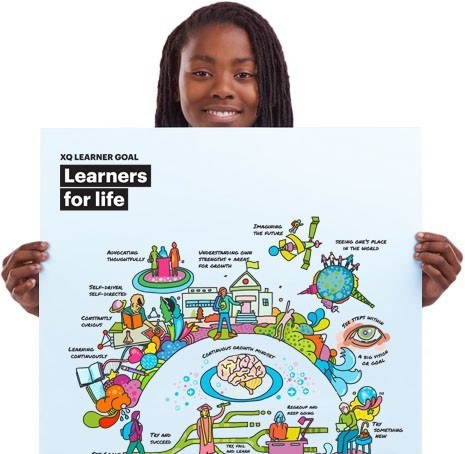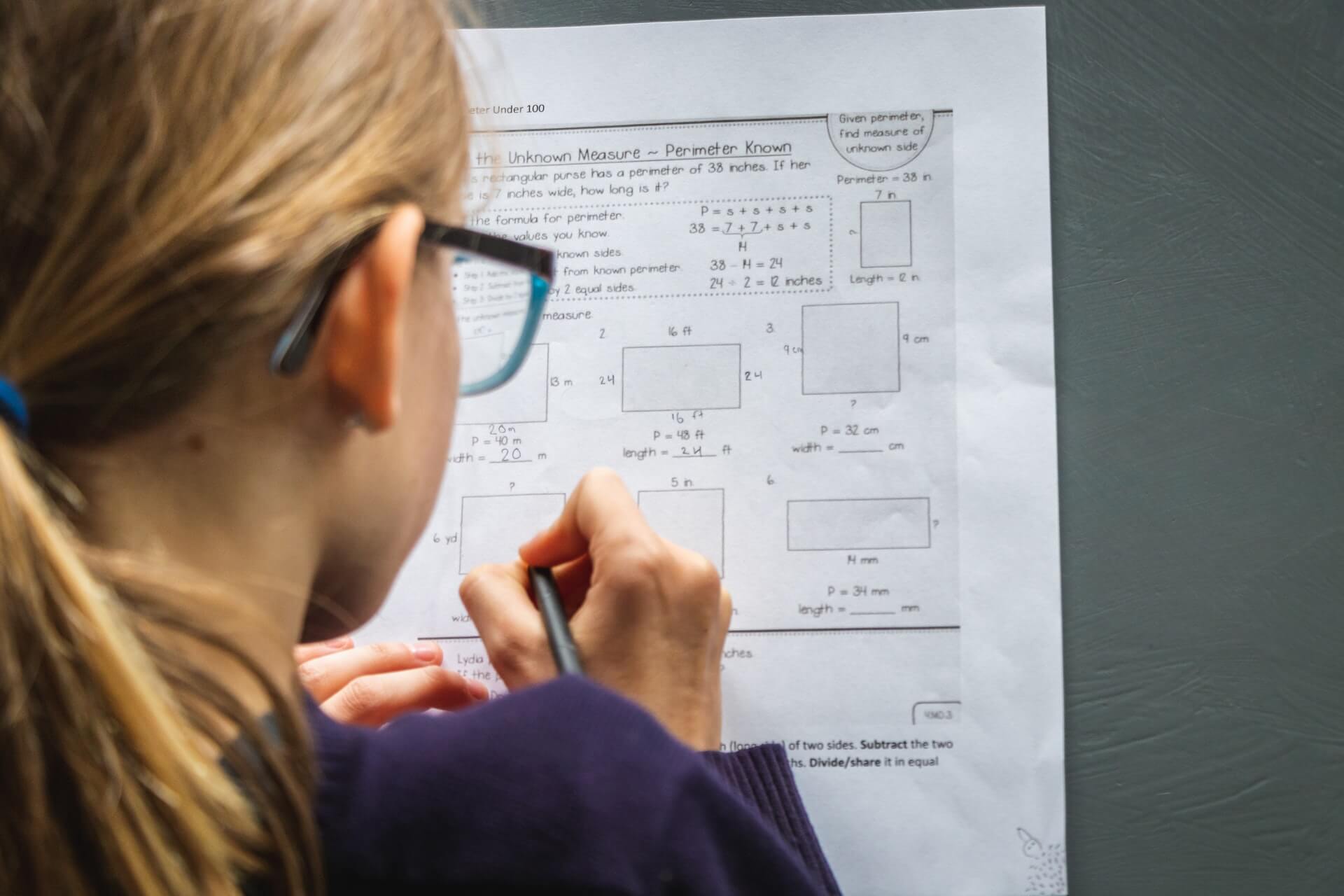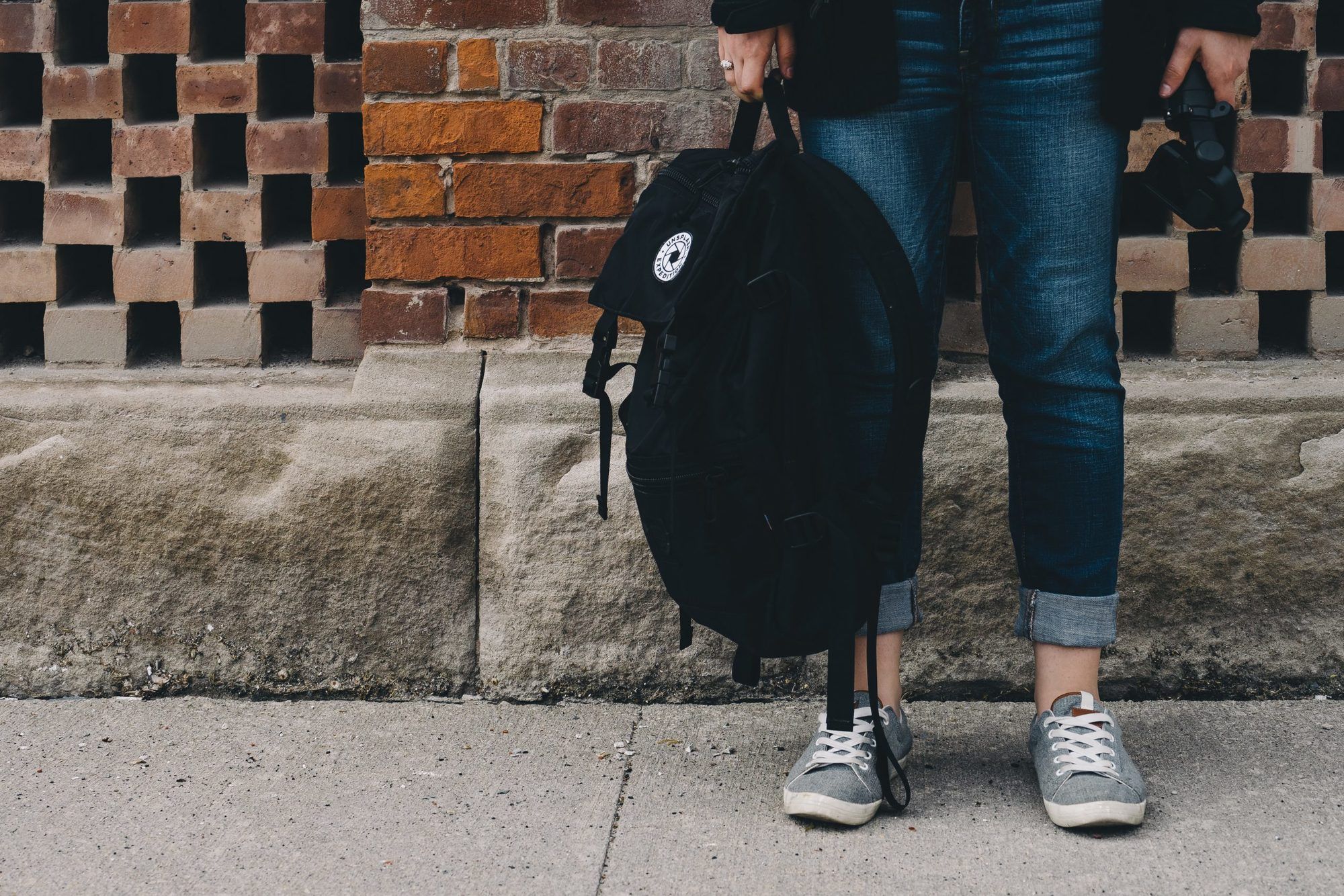From Pandemic High School to College: The Impact
By Ilana Drake - Ilana Drake of Vanderbilt University explains the substantial impact that the COVID-19 pandemic had on her transition from high school to college
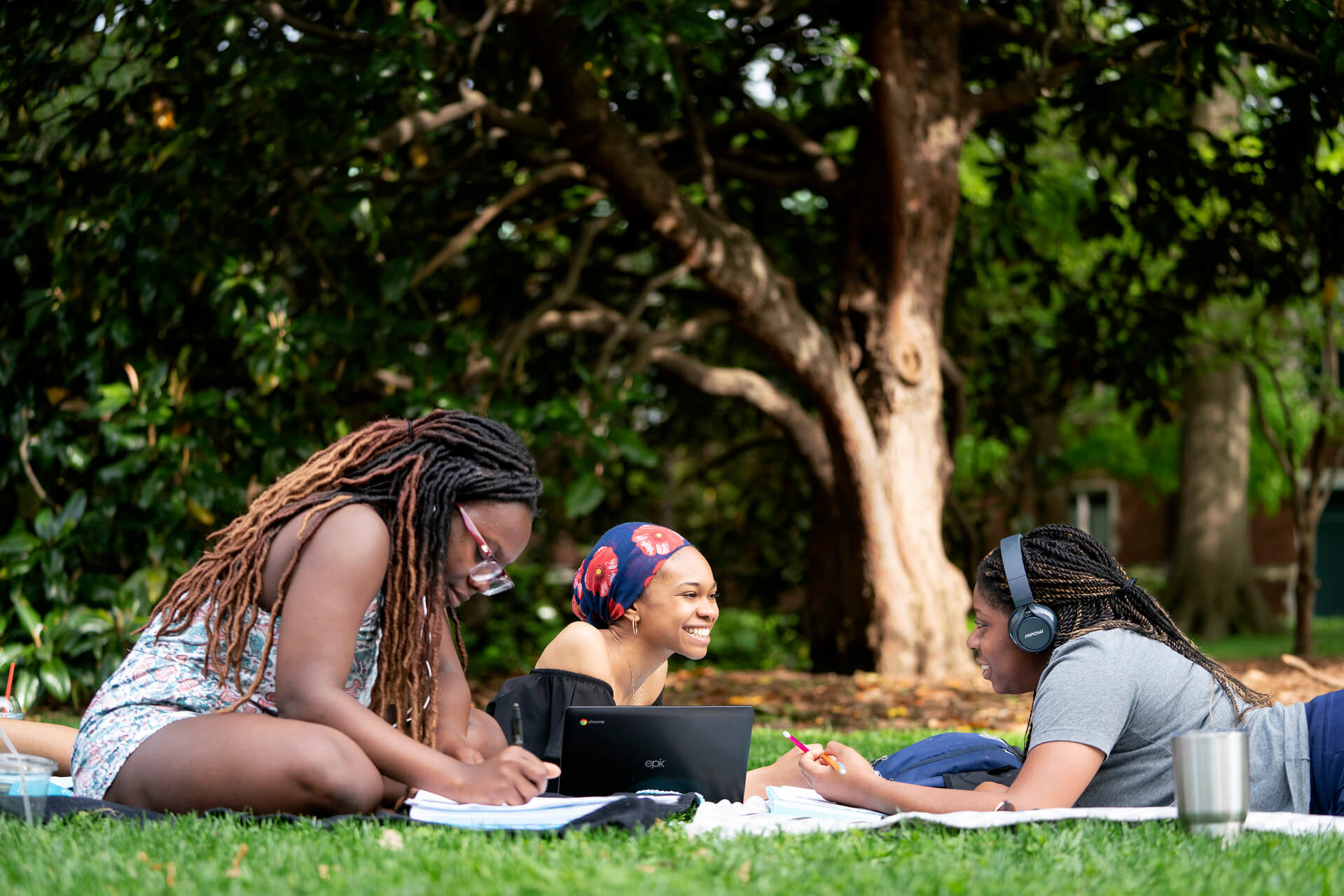
When I started my first year at Vanderbilt University in the fall of 2021, I was both nervous and excited. I had just spent 15 months doing virtual learning because my New York City high school did not go back in person during my senior year after the COVID pandemic interrupted our education.
I saw the bright side of this situation because my pre-pandemic school day was longer—with a commute and extracurricular activities. I also struggled with a learning disability, and virtual schooling allowed me to learn the material at my own pace. However, I had to work in the common hallway of my floor in my apartment building due to a lack of WiFi during my junior year. And I could tell that other students weren’t doing as well as they seemed in the classroom. Virtual learning showcased the inequities we were all living with because some classmates didn’t have good WiFi, enough space to work, or had other responsibilities to manage at home, like caring for siblings during their classes.
This is why I felt overwhelmed and anxious when I got to college orientation. I wondered if other new Vanderbilt students worried about this transition from the virtual world to the in-person world, too. Did high school prepare us enough for college?
Different Students Need Different Support Systems
To take a deeper look, I did an informal survey. I spoke with seven friends at Vanderbilt. They’re all sophomores as well, in the class of 2025, and they had different experiences with online schooling in high school. Most said they were middle or upper-middle class, and one got financial aid. I asked them how prepared they felt for college: specifically to seek out help, participate in classes, and become immersed in the Vanderbilt community.
I found out how different students need different supports at college. Those who previously had supports in high school, such as tutoring, continue to attend tutoring at Vanderbilt. And the opposite of this plays out, too. Those who did not have certain supports during high school, and those who did not access them, also seem to continue on the same path of not using the resources available at Vanderbilt. Additionally, many of my Vanderbilt classmates said they feel a social divide due to “missed time”—the time spent in virtual school without in-person interaction.
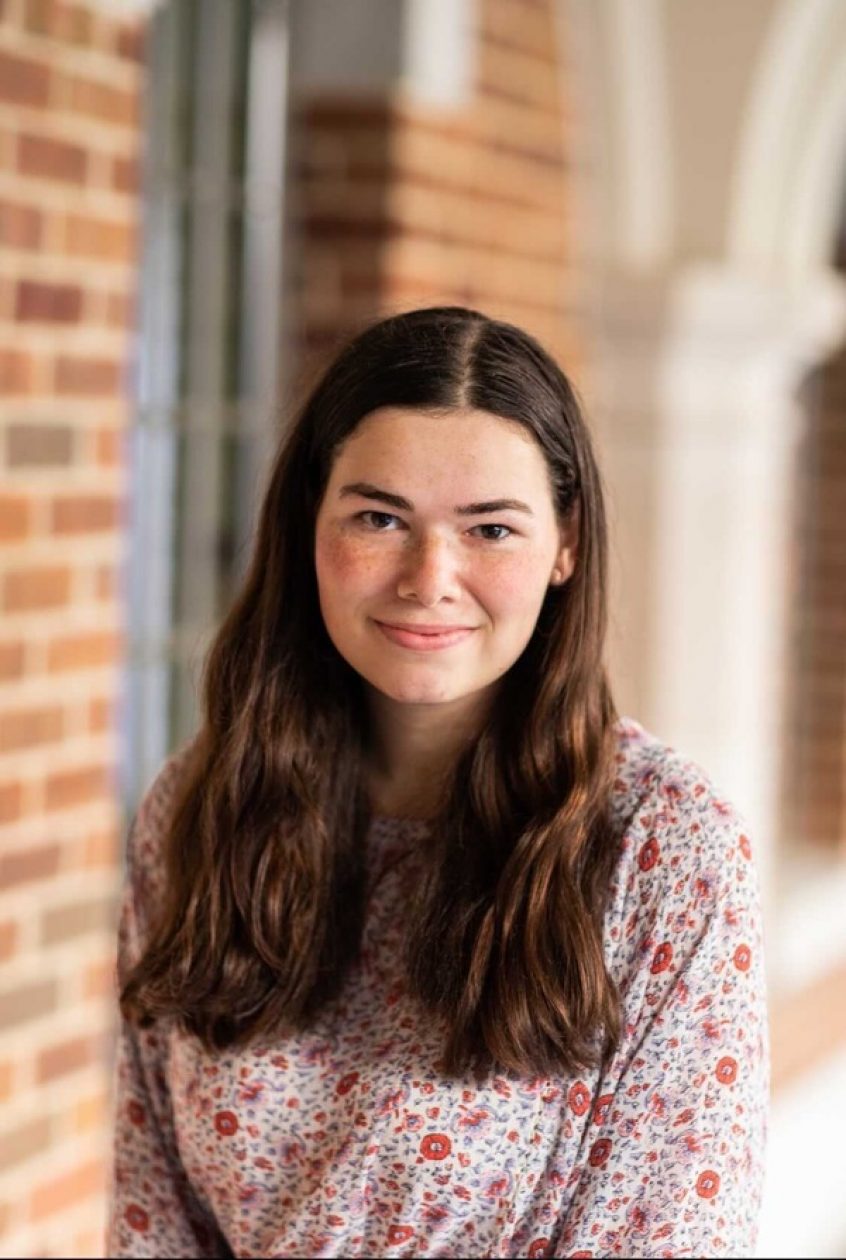
Asking My Peers About the High School to College Transition
Zander is one of my close friends, and he is typical of the students I met who are doing well at Vanderbilt. He has been eager to ask for help. He attended professors’ office hours and went to the University Counseling Center. Additionally, he is involved in study groups for his classes. Zander went to public school in Vernon Hills, Illinois, and stayed fully online for the entirety of the pandemic. Most of his high school’s resources kept operating. He took 14 AP classes, and he had teachers who supported him. He also helped out at his high school’s tutoring center and once went there for help with his own classwork. But college was different, and he decided to reach out and use some of the available resources at Vanderbilt. His classes were larger and structured in a way that he had not witnessed, and he said “self-studying and office hours became a much bigger part” of his success in college. Socially, he said he said “making friends came easily,” but he struggled with deepening his friendships. And even though he feels he’s doing well in college, he said, “I’m constantly figuring out how to thrive more. It has taken a while to get to this point.”
Like Zander, Ethan also sought help at Vanderbilt by reaching out to faculty. He attended a public high school in Long Island, New York, where he had remote learning after March of 2020 in his junior year and then hybrid learning for his senior year. At Vanderbilt, he said he felt academically prepared due to AP classes but “socially less comfortable than I would have been had I not been in [high] school with classmates only half the time.” Ethan attended some remedial classes during high school, especially for math. At Vanderbilt, he uses a few of the school’s resources but recognizes some of their shortcomings. He said, “I go to office hours when I want to ask questions on assignments and get counseling from home if needed because I hear that it can take up to a month to get an appointment at our college’s counseling center.”
Similar to Zander and Ethan, Kaitlyn said she felt prepared at Vanderbilt, despite being primarily online for the second half of high school in the pandemic. And like them, she also reached out for help by connecting to resources such as professors’ office hours. But that was a change from high school. She went to a public school in Portland, Oregon, where she said she wasn’t aware of many resources; she relied on her self-sufficiency and did not use tutoring or counseling services. She took an Interbacculareate curriculum and said she felt socially prepared for college, and it has been easy to make friends at school. While attending office hours and participating in class is enough for her to feel confident, she has done more to seek out assistance and wants to use the writing studio at Vanderbilt because she’s an English major. She said, “I write a lot of papers, and I thought that there’s no harm in trying [the writing studio] out at some point.”
But my friend Rhylee has not reached out for extra help at Vanderbilt. She said she has enough support from her professors and peers. She is from Pauls Valley, Oklahoma, where she said her public high school had only 86 students in her grade, much smaller than Zander and Ethan’s graduating classes of about 400. She described her town as not caring about COVID-19, and her high school was more in-person than online during junior year and fully in-person during senior year. “My high school was not good at offering services even when COVID was not a thing,” she said. “I had zero help when applying to college in terms of counseling or other school services.” Even though she got into Vanderbilt, she still sees a divide between herself and her peers at college. Many students at Vanderbilt “grew up knowing exactly what they needed to do to get into a good school.”
Like Rhylee, Penelope has not utilized many of Vanderbilt’s resources. Penelope felt socially unprepared but academically prepared when she entered Vanderbilt. She is from McGaheysville, Virginia, and had a different high school experience than the other students I interviewed because she attended both her local high school and a magnet school for environmental science and technology. When COVID-19 hit, classes stopped for both schools and were mostly back in-person by the spring of 2021. Like her peers at school, she canceled her AP exams because she didn’t think she would succeed. While the magnet school helped her academically and with college applications, she said her local high school did not have a guidance counselor who knew much about the college process. Most of her peers there went into a trade, so job hunting was more of a priority than college admissions. Once she started classes at Vanderbilt, she had to learn how to balance studying and social life all over again, and she mostly did this on her own. She noted how her first year felt like high school all over again because “no one was very mature and we were all struggling to figure out how to be on our own for the first time.” In that first year, Penelope said, “I didn’t know that being social and going out was going to mean binge drinking every Friday and Saturday night, and it took me a little bit to find a group who didn’t want to do that either. I eventually found friends who share some of the same values I do, and we can get together and have fun without partaking in party culture.”
How the COVID-19 Pandemic Impacted Student Mental Health
In one of my Human and Organizational Development classes, we noted how the college years are a liminal period. The pandemic has played a role in students’ mental health, and because of these “missed years” some students spent online, there is higher anxiety with socialization and academic stress. Because of this, it is more important now than ever to ask for help and reach out to friends, family, and faculty. Colleges should be aware of the stress that students have faced within the past few years, and understand how it might be important to help students transition back to in-person learning—academically, socially, and mentally. They should also be aware of how students from different regions and family income levels had very different experiences at their high schools during the pandemic and emphasize the importance of receiving help and taking advantage of the resources offered. A lot of the socioeconomic divides play out on campus, especially with regard to which spaces are accessible. I was recently at a meeting where one student shared how some lower-income students feel afraid to even walk into the library.
Extra resources in college, such as counseling, tutoring, and help learning about clubs and other social opportunities, are really important for students. A few of my professors provided resources for Vanderbilt on their syllabi, and we went over them during the first class. Because those resources were discussed, there is not as much stigma around them. In addition, during my first year, staff encouraged us to speak to as many other first-year students as possible to better adjust to campus. But college students can do more to help each other, too. Those in their junior and senior years can emphasize the importance of mentorship and friendship and getting help and support when needed.
XQ’s mission to rethink high school is grounded in hearing from students. That’s why youth voice and choice is one of our design principles for successful high schools. We welcome guest blogs from students and from educators. Please contact XQ Senior Education Editor Beth Fertig at [email protected] if you’re interested in contributing.
Photo at top courtesy of Vanderbilt University
